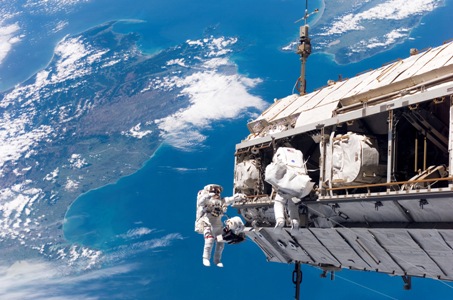
A NASA photo
MIAMI (AFP): Flying people to deep space -- like Mars or an asteroid -- is high on NASA's wish list, but research on mice suggested that extended radiation exposure permanently harms the brain.
Central nervous system damage and cognitive impairments were observed in lab animals that were exposed to highly energetic charged particles -- similar to the galactic cosmic rays that astronauts would encounter during long space flights -- said researchers at the University of California, Irvine.
"This is not positive news for astronauts deployed on a two- to three-year round trip to Mars," said lead author Charles Limoli, professor of radiation oncology in UCI's School of Medicine.
"Performance decrements, memory deficits, and loss of awareness and focus during spaceflight may affect mission-critical activities, and exposure to these particles may have long-term adverse consequences to cognition throughout life."
Currently, the world's astronauts rotate in shifts that last about six months at the International Space Station.
In March, US astronaut Scott Kelly and Russian cosmonaut Mikhail Kornienko began the first year-long mission at the orbiting research outpost to test the impact of longer spaceflights on the body and mind.
NASA is aiming to send people to Mars in the 2030s, but skeptics say the technology is nowhere near ready, nor is it clear that such travel would be safe for people to undertake.
The latest research in the journal Science Advances subjected lab rodents to charged particle irradiation for six weeks at the NASA Space Radiation Laboratory at the Brookhaven National Laboratory.
This fully ionized oxygen and titanium led to brain inflammation, which disrupted the transmission of signals among neurons, said the study.
The radiation impaired the brain's communication network, interfering with the nerve cells' ability to transmit signals.
"Like a bullet, charged particles hit dendritic branches and caused them to break off," said the study.
"It's well known that losing these dendritic branches is linked to cognitive decline in Alzheimer's and other diseases."
Tests on learning and memory also showed that irradiated mice did poorly and were prone to confusion, compared to normal mice.
"Radiation-exposed animals lacked curiosity (and were less active) in new situations and became more easily confused," said the study.
 Previous Article
Previous Article Next Article
Next Article
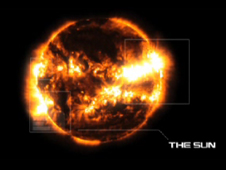

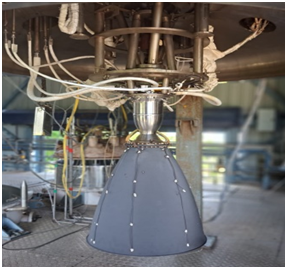
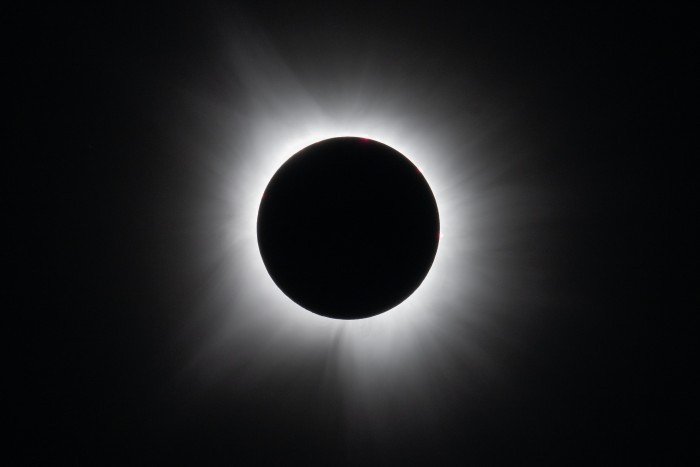




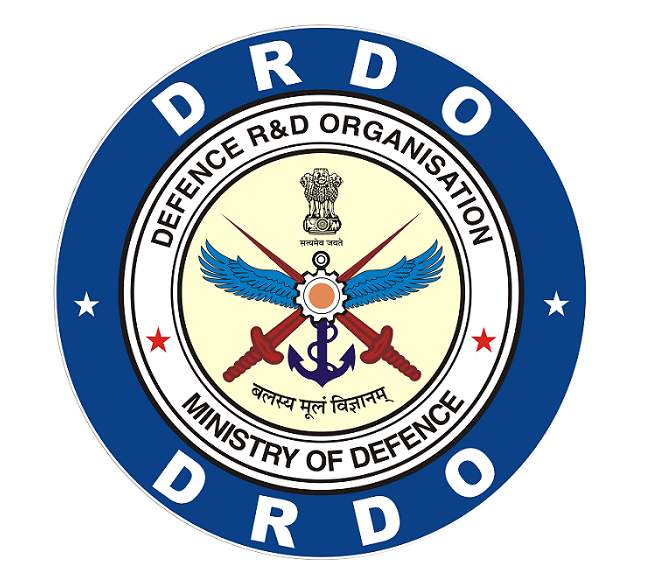





The Indian Air Force, in its flight trials evaluation report submitted before the Defence Ministry l..
view articleAn insight into the Medium Multi-Role Combat Aircraft competition...
view articleSky enthusiasts can now spot the International Space Station (ISS) commanded by Indian-American astr..
view article